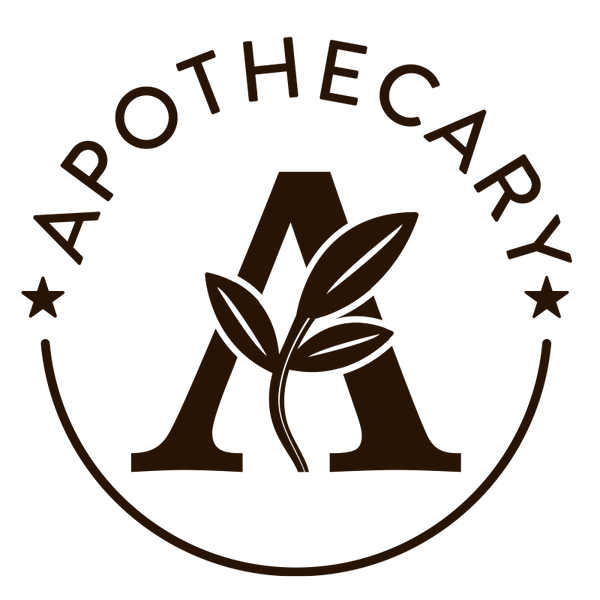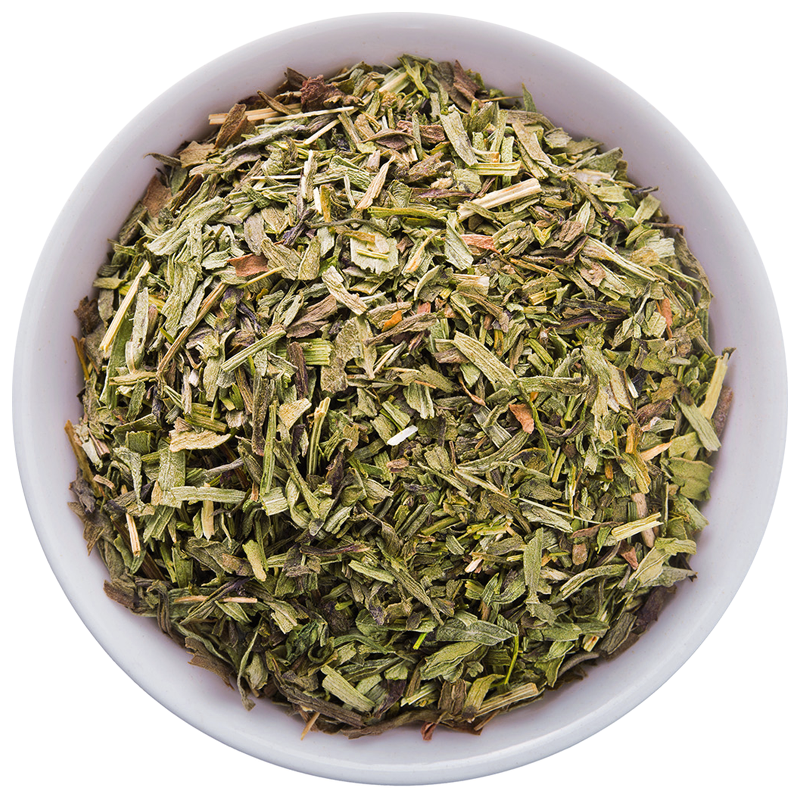Relax and Rejuvenate with Comforting Skullcap Herb
Skullcap, a flowering perennial in the mint family, is used to promote overall well-being. Known for its calming properties, it may help reduce anxiety and promote relaxation. Containing flavonoids, Skullcap is used in traditional medicine for its potential anti-inflammatory and antioxidant benefits.
It's often included in herbal remedies for stress relief and sleep support. Skullcap's therapeutic effects extend to supporting mood regulation and overall mental wellness.
More about Skullcap
Skullcap, encompassing species like Scutellaria lateriflora and Scutellaria baicalensis, is a botanical gem found in apothecaries and herbal shops. Renowned for its bitter, earthy flavor, Skullcap is cherished for its wide range of medicinal properties.
Its active ingredients, particularly flavonoids such as baicalin, wogonin, and baicalein, bestow upon it a reputation as a nerve tonic and sedative in traditional medicine. Furthermore, its anti-inflammatory and anticonvulsant qualities make it an important herb in holistic therapies.
This herb's versatility extends to addressing modern health concerns, including stress management and immune support. Whether used in teas, tinctures, or capsules, Skullcap's adaptability makes it a favored choice among herbalists.
Its widespread use, originating from the diverse terrains of North America and East Asia, underscores its global appeal as a natural remedy for various ailments.
Know Your Ingredient: Skullcap
| Latin Name | Scutellaria lateriflora, Scutellaria baicalensis, and other species in the genus |
| Active Ingredients | Baicalin, wogonin, baicalein, phenylethanoid glycosides, terpenes, volatile oils |
| Classification Secondary Metabolite | Flavonoids ( baicalin, wogonin, baicalein), Phenylethanoid glycosides, Terpenes |
| Flavor | Bitter, slightly earthy |
| Common Use | Traditional medicine (sedative, nerve tonic, anti-inflammatory, anticancer, anticonvulsant) |
| Origin | Native to North America and East Asia, widespread use globally |


